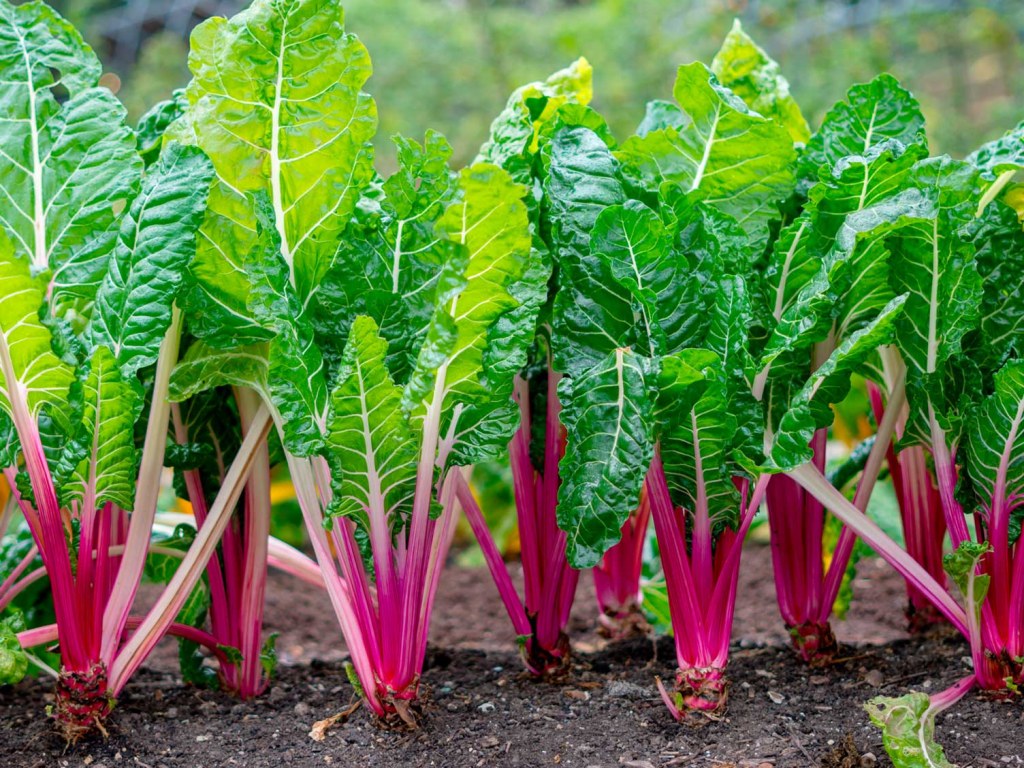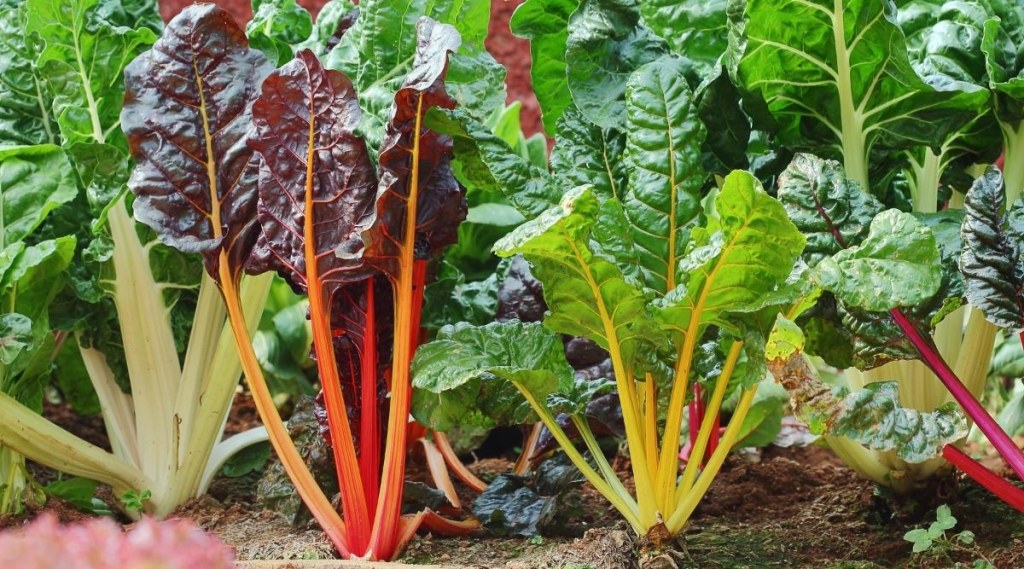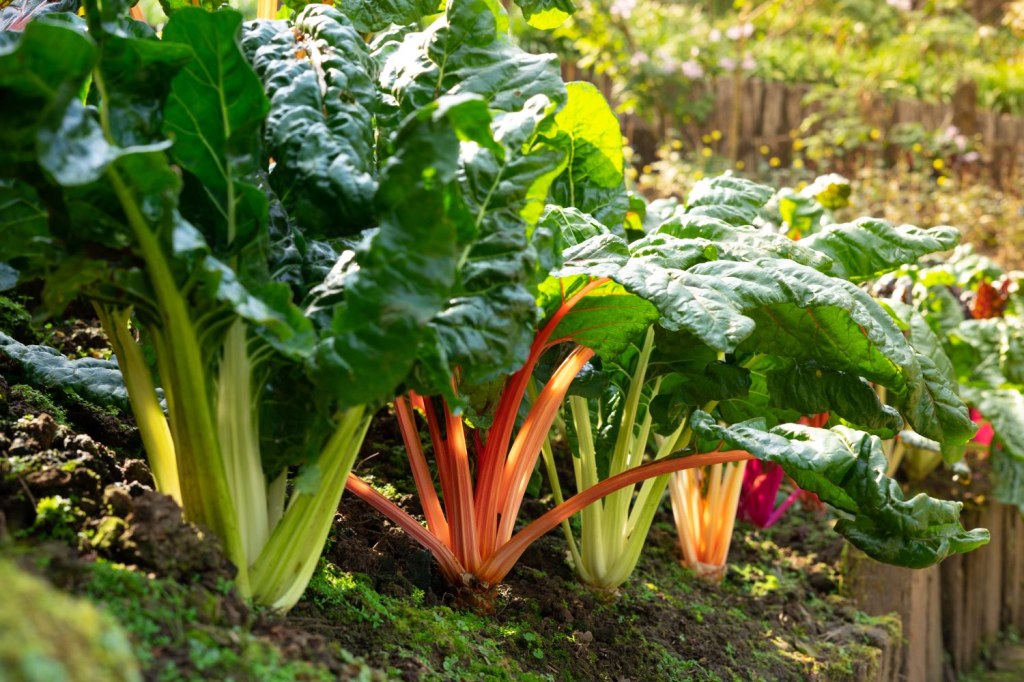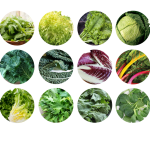Unlock The Perennial Secret: Is Swiss Chard A Perennial? Discover The Truth Now!
Is Swiss Chard a Perennial?
Introduction
Hello Swiss Enthusiast,
3 Picture Gallery: Unlock The Perennial Secret: Is Swiss Chard A Perennial? Discover The Truth Now!



Are you curious about whether Swiss chard is a perennial plant? If so, you’ve come to the right place. In this article, we will explore the nature of Swiss chard and determine whether it is a perennial or not. By the end, you will have a clear understanding of this delightful vegetable and its growing habits.

Image Source: lovethegarden.com
So, let’s dive into the world of Swiss chard and find out if it is a perennial plant!
What is Swiss Chard?
Swiss chard, also known as leaf beet or silver beet, is a leafy green vegetable that belongs to the same family as beets and spinach. It is characterized by its large, dark green leaves and colorful stalks, which can come in various shades of red, yellow, or white.

Image Source: allaboutgardening.com
This versatile vegetable is packed with nutrition, containing high levels of vitamins A, K, and C, as well as minerals like magnesium and potassium. It is also low in calories, making it a healthy addition to any diet.
Now that we have a basic understanding of Swiss chard, let’s find out whether it is a perennial or not.
Is Swiss Chard a Perennial?

Image Source: plantura.garden
No, Swiss chard is not a perennial plant. It is considered an annual vegetable, which means it completes its lifecycle within a single year. Unlike perennial plants that can survive for multiple years, Swiss chard grows, produces seeds, and dies within a single growing season.
However, Swiss chard is known to be a hardy plant that can tolerate cold temperatures and continue to grow throughout the year in mild climates. In colder regions, it is often grown as a winter crop or harvested before the first frost.
So, while Swiss chard may not be a perennial, it can still be enjoyed year-round in certain climates.
Advantages and Disadvantages of Swiss Chard
Advantages:
🌱 Nutritional powerhouse: Swiss chard is packed with essential vitamins and minerals, making it a healthy choice for those looking to improve their diet.
🌱 Versatile in the kitchen: Swiss chard can be cooked in various ways, including sautéing, steaming, or adding it to soups and stews. Its leaves can also be used as a substitute for spinach in recipes.
🌱 Colorful addition to the garden: With its vibrant stalks and dark green leaves, Swiss chard adds a pop of color to any vegetable garden.
Disadvantages:
🌱 Short lifespan: As mentioned earlier, Swiss chard is an annual plant, so it needs to be replanted every year.
🌱 Prone to pests: Swiss chard can be susceptible to pests like aphids and leaf miners, requiring regular monitoring and pest control measures.
🌱 Bitter taste: Some people find Swiss chard to have a slightly bitter taste, which may not be appealing to everyone’s palate.
Frequently Asked Questions
1. Can I grow Swiss chard from seeds?
Yes, Swiss chard can be easily grown from seeds. Simply sow the seeds directly into well-prepared soil or start them indoors before transplanting.
2. How long does it take for Swiss chard to mature?
Swiss chard typically takes around 60-70 days to reach maturity from the time of planting.
3. Can I freeze Swiss chard?
Yes, Swiss chard can be frozen for later use. Blanch the leaves in boiling water for a few minutes, then transfer them to an airtight container or freezer bags.
4. Can I eat Swiss chard raw?
Yes, Swiss chard can be enjoyed raw in salads or added to smoothies for an extra nutritional boost.
5. How do I store Swiss chard?
To store Swiss chard, remove any blemished leaves, wrap the stems in a damp paper towel, and place the whole bunch in a plastic bag in the refrigerator. It can typically be stored for up to a week.
Conclusion
In summary, Swiss chard is not a perennial plant but rather an annual vegetable. Despite its short lifespan, Swiss chard offers numerous health benefits and culinary versatility. Whether you choose to grow it in your garden or enjoy it in your meals, Swiss chard is a nutritious addition to any plate.
Final Remarks
Swiss chard is a wonderful vegetable that can add both color and nutrition to your meals. While it may not be a perennial, its vibrant stalks and delicious leaves make it a popular choice among gardeners and food enthusiasts alike. Remember to experiment with different cooking methods and recipes to fully enjoy the flavors of Swiss chard. Happy gardening and bon appétit!
This post topic: Swiss


